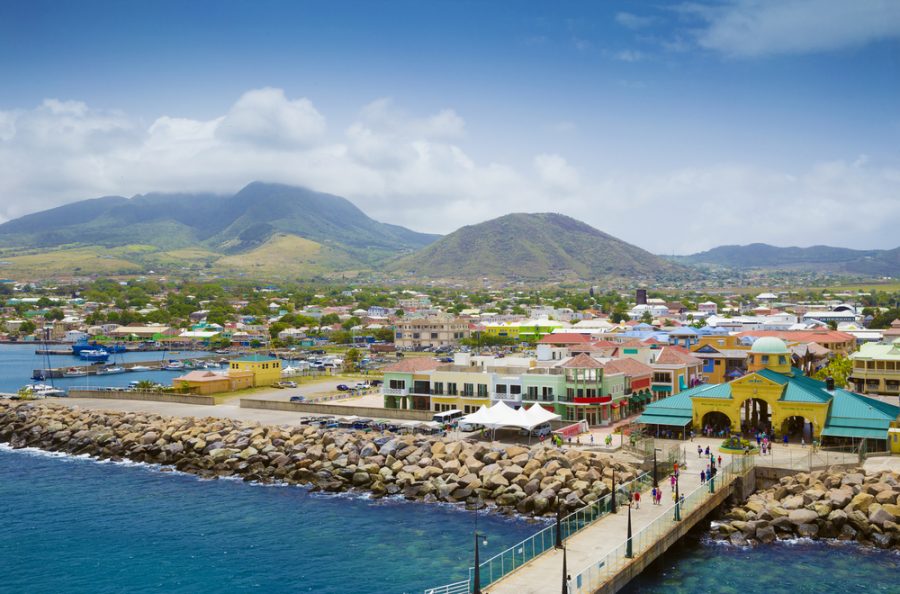The Government of St Kitts and Nevis has issued a press release this week, calling the St Kitts CBI program as reliable, first class scheme with robust due diligence.
The Citizenship by Investment (CBI) Programme of St. Kitts and Nevis is being hailed by industry leaders as “an example of a reliable and first-class programme” based on best practices and strict due diligence procedures being employed by the Citizenship by Investment Unit (CIU).
Heyrick Bond Gunning, CEO of S-RM, a global due diligence firm, has said in an interview that the “exhaustive” due diligence procedures conducted by countries like St Kitts and Nevis, “should be a staple of all CBI programmes that aspire to success and durability.”
The Government said several reforms introduced under the Team Unity Government have reinforced the strength and stability of the country’s programme – the longest running CBI programme in the world. These reforms include
- Introduction of a 24/7 case management system that allows for round-the-clock
- Real-time monitoring of the status of CBI applications,
- The employment of additional due diligence providers with specialist knowledge of particular countries and regions, and
- Increased partnerships with friendly governments.
The due diligence process for CBI applicants explained below is explained below:
Every application must pass the multi-tiered and multi-jurisdictional due diligence procedures as set down by law. These procedures engage the services of national and international independent bodies to verify applicants and take three months to execute. Already, this is far longer than the processing times of other CBI or RBI (residence by investment) jurisdictions – some of which take mere weeks. The list of documents the applicant is required to provide is extensive. It comprises detailed information of applicants’ occupation, education, personal and residential histories, criminal records, and source(s) of wealth, with evidence to support. Many documents must either be originals or certified and legalised colour copies. Biometric data, such as fingerprints, must also be provided. Each application is then inspected by multiple national and government bodies trained in fraud, financial terrorism, and money laundering detection, and international bodies such as Interpol. Applicants themselves are checked against global criminal registers and terrorism databases. All applications require a due diligence fee. This applies regardless of the outcome of the application, thereby removing any potential conflict of interest.
Read more here





